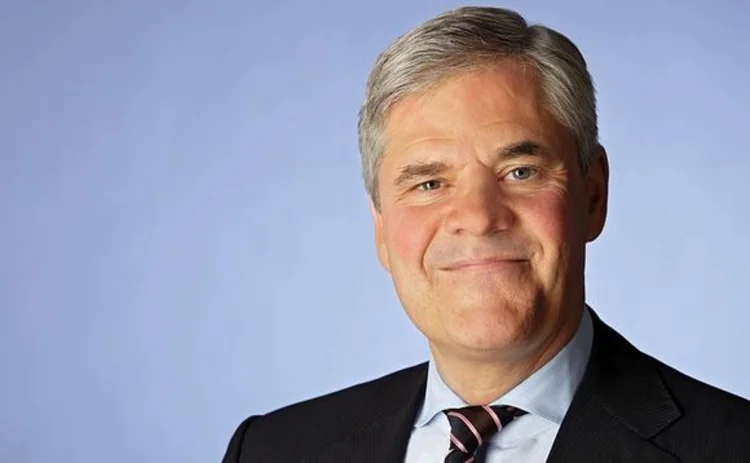
Bundesbank at odds with new IMF position on capital controls

Andreas Dombret, a member of Deutsche Bundesbank's executive board, has made it clear that the Bundesbank views the use of capital controls as inappropriate in almost all circumstances, a position that differs from new guidance issued by the International Monetary Fund (IMF).
During a speech on December 6 to the German-Brazilian Chamber of Industry and Commerce, Dombret left little room for misinterpretation. "In the Bundesbank's view, measures restricting capital flows should be a last resort
Only users who have a paid subscription or are part of a corporate subscription are able to print or copy content.
To access these options, along with all other subscription benefits, please contact info@centralbanking.com or view our subscription options here: www.centralbanking.com/subscriptions
You are currently unable to print this content. Please contact info@centralbanking.com to find out more.
You are currently unable to copy this content. Please contact info@centralbanking.com to find out more.
Copyright Infopro Digital Limited. All rights reserved.
As outlined in our terms and conditions, https://www.infopro-digital.com/terms-and-conditions/subscriptions/ (point 2.4), printing is limited to a single copy.
If you would like to purchase additional rights please email info@centralbanking.com
Copyright Infopro Digital Limited. All rights reserved.
You may share this content using our article tools. As outlined in our terms and conditions, https://www.infopro-digital.com/terms-and-conditions/subscriptions/ (clause 2.4), an Authorised User may only make one copy of the materials for their own personal use. You must also comply with the restrictions in clause 2.5.
If you would like to purchase additional rights please email info@centralbanking.com








